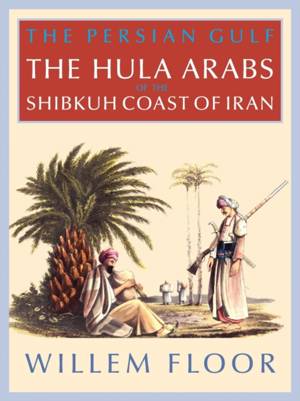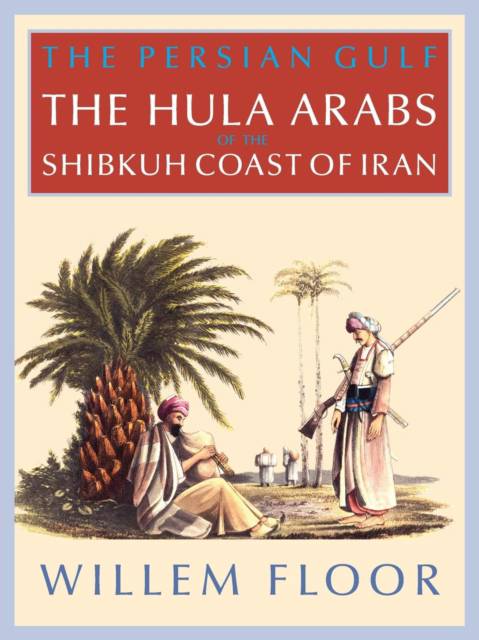
- Afhalen na 1 uur in een winkel met voorraad
- Gratis thuislevering in België vanaf € 30
- Ruim aanbod met 7 miljoen producten
- Afhalen na 1 uur in een winkel met voorraad
- Gratis thuislevering in België vanaf € 30
- Ruim aanbod met 7 miljoen producten
Zoeken
Omschrijving
Little is known about the Arab migrants who settled on the Iranian coast between Bushehr and Lengeh in the late 1500s. They were a disparate group of small tribes of sailors, traders, fishermen, pearl divers, and cultivators. Although they were all referred to as the Bani Hula, they were not a uniform group. In fact, they were each other's fiercest competitors for access to the pearl banks. This frequently led to bloody and murderous encounters and feuds. In the sixteenth and seventeenth centuries, the Arabs of Nakhilu had a fearsome reputation as pirates-which the Portuguese soon discovered to be warranted. The Bani Hula received much attention during the eighteenth century when they tried to fill the power vacuum in the Persian Gulf caused by the fall of the Safavid dynasty and the civil war in Oman. However, although they were a maritime force to be reckoned with, they had no common cause and dissipated their strength by fighting among themselves. Furthermore, they had no staying power as their political and economic base was too narrow. Throughout the eighteenth and nineteenth centuries, and down to the early twentieth century, one of the most active groups of Hulas were those of Kangan and Taheri. Their history, told here in some detail, is emblematic for the other Hula groups. Apart from showing the violence against each other, their story also highlights how their local lineages dominated political and socio-economic life for centuries in their area, often spanning more than one or two dynasties. It was these local families that guaranteed stability, continuity, and permanence even when, at the national and international level, there was turmoil, upheaval and profound change.
Specificaties
Betrokkenen
- Auteur(s):
- Uitgeverij:
Inhoud
- Aantal bladzijden:
- 192
- Taal:
- Engels
- Reeks:
Eigenschappen
- Productcode (EAN):
- 9781933823669
- Verschijningsdatum:
- 11/02/2014
- Uitvoering:
- Paperback
- Formaat:
- Trade paperback (VS)
- Afmetingen:
- 210 mm x 279 mm
- Gewicht:
- 444 g

Alleen bij Standaard Boekhandel
+ 111 punten op je klantenkaart van Standaard Boekhandel
Beoordelingen
We publiceren alleen reviews die voldoen aan de voorwaarden voor reviews. Bekijk onze voorwaarden voor reviews.








